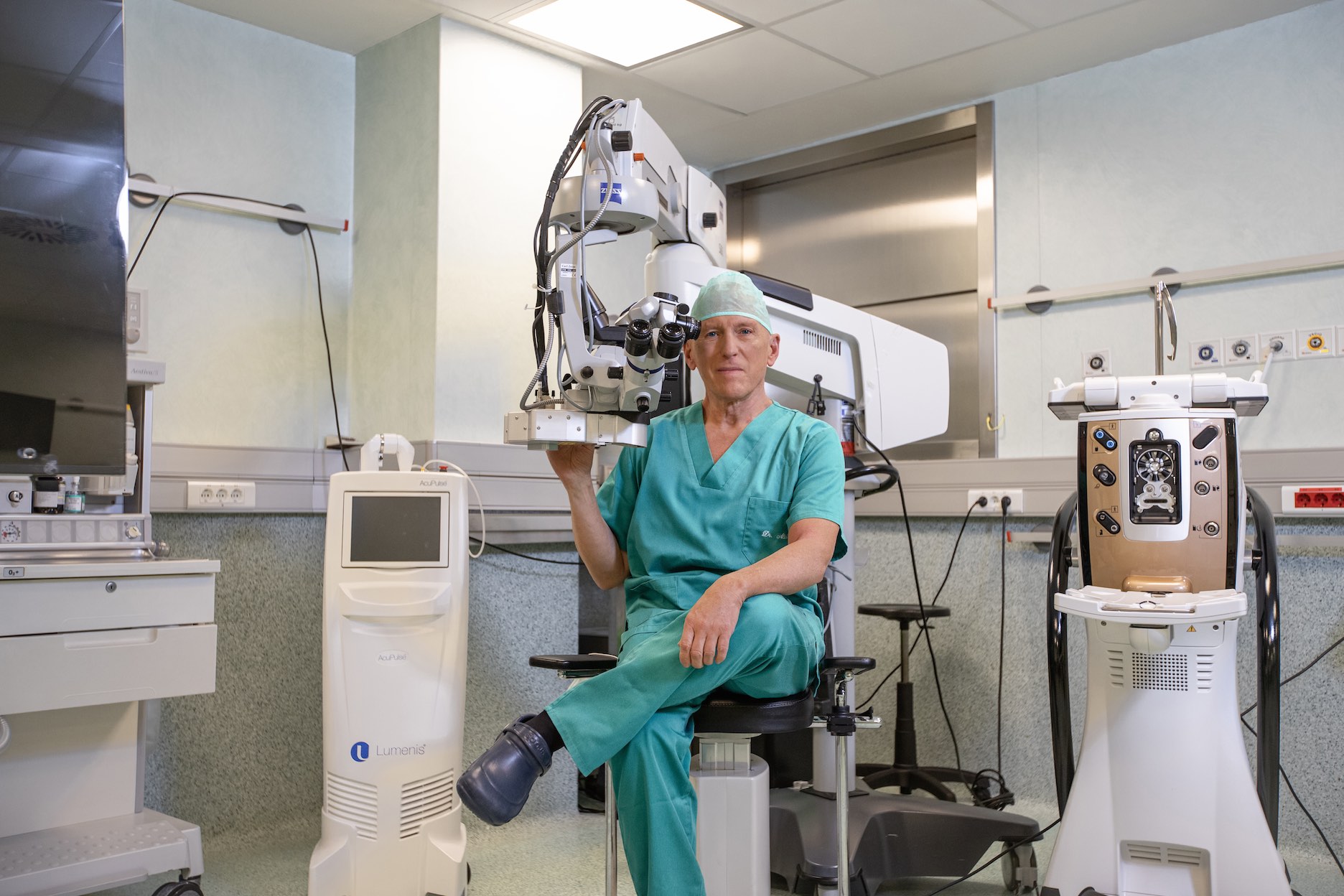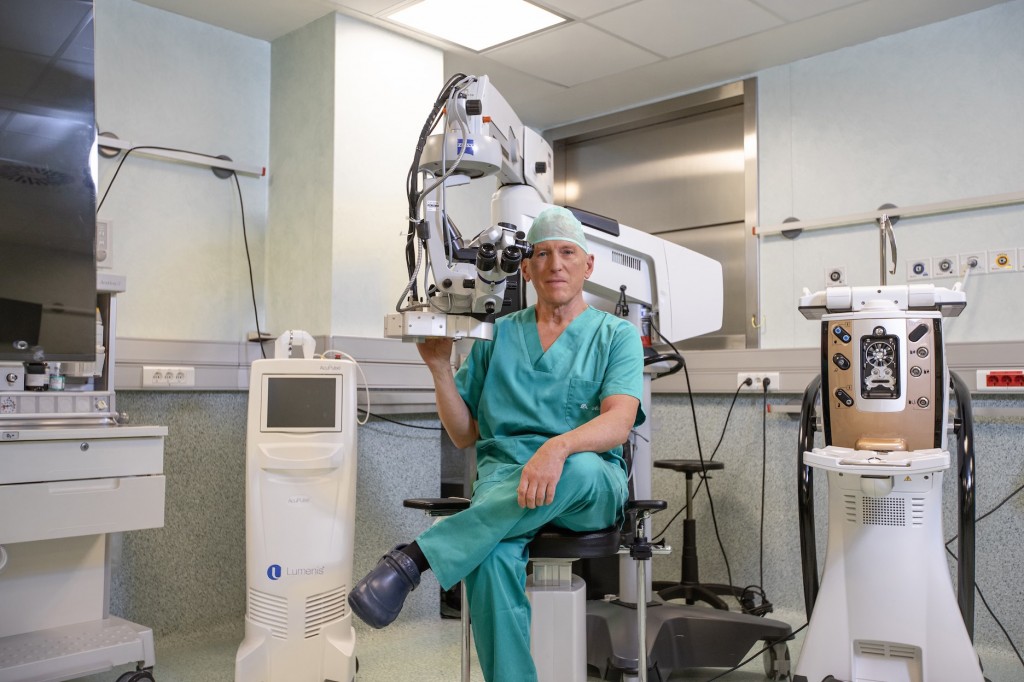
 The COVID-19 pandemic has brought a general halt to all scheduled surgical procedures. This is because operating theatres, especially in public hospitals, have been overwhelmed by the use of respirators, as well anaesthesia and sedation equipment. Even the operating theatres themselves have been occupied by the most severely affected COVID-19 patients.
The COVID-19 pandemic has brought a general halt to all scheduled surgical procedures. This is because operating theatres, especially in public hospitals, have been overwhelmed by the use of respirators, as well anaesthesia and sedation equipment. Even the operating theatres themselves have been occupied by the most severely affected COVID-19 patients.
To this, add the negative atmosphere around surgery in general and eye surgery in particular, given that most surgery of this type has been cancelled due to the current circumstances. It’s important to point out here that eye surgery during the pandemic is safe. The reasons are as follows:
- 1Operating theatres are the safest, most isolated places in a hospital. Every patient who enters a theatre wears a mask, and a gown or operating theatre clothing. The same goes for healthcare workers, although the standards are applied even more rigorously. Remember that aseptic and sterilisation procedures are stringently imposed in all Spanish and European health centres, without exception. Therefore, the operating theatre is the safest place for anyone suffering from an infection, particularly COVID-19.
- Eye surgery is not affected by the pandemic: If the last year and COVID-19’s many victims have shown us anything, it is that the eyes, although they suffer from conjunctivitis and can be an entry point for COVID-19, rarely experience any after effects from these conditions. This gives the eyes privileged status when it comes to the effects of the disease. Granted, they can transmit coronavirus through tears or because the conjunctiva acts like a sponge for the virus. However, this is practically impossible in an operating theatre because aseptic measures eliminate the virus, while the isolation we’ve referred to prevents infection.
- The eye tissues, particularly the cornea, are highly resistant to COVID-19: The cornea has shown itself impermeable to coronavirus. The reasons for this phenomenon are not clear but, although the epithelial layer can be affected by the virus, it never penetrates the cornea. Therefore, corneal transplants, even involving corneas theoretically affected by COVID-19, are safe for patients who need this type of cornea. In reality, patients with COVID-19 are not accepted as cornea donors and affected tissue is not used, but it could be. In general, eye tissue is practically resistant to the after effects of this disease and thus poses no obstacles for eye surgery.
Refractive procedures, such as the correction of myopia, hyperopia, astigmatism and presbyopia, as well as cataract, glaucoma and retinal surgery, strabismus surgery in children and intravitreal interventions, are just some of the procedures that can be performed despite the pandemic. None of these procedures involves any special risks or precautions, beyond the measures that have always been carried out in Spanish hospitals.
So, there is no need to be concerned about or take special precautions for eye surgery. It will benefit you, and if you follow your surgeon’s instructions, the process will run smoothly with positive results.
Fortunately, COVID-19 and eye surgery are unrelated and eye surgery can be performed safely and without limitations during the pandemic.
Professor of Ophthalmology at Miguel Hernández University
Scientific Director at Vissum Miranza, Alicante, Spain
